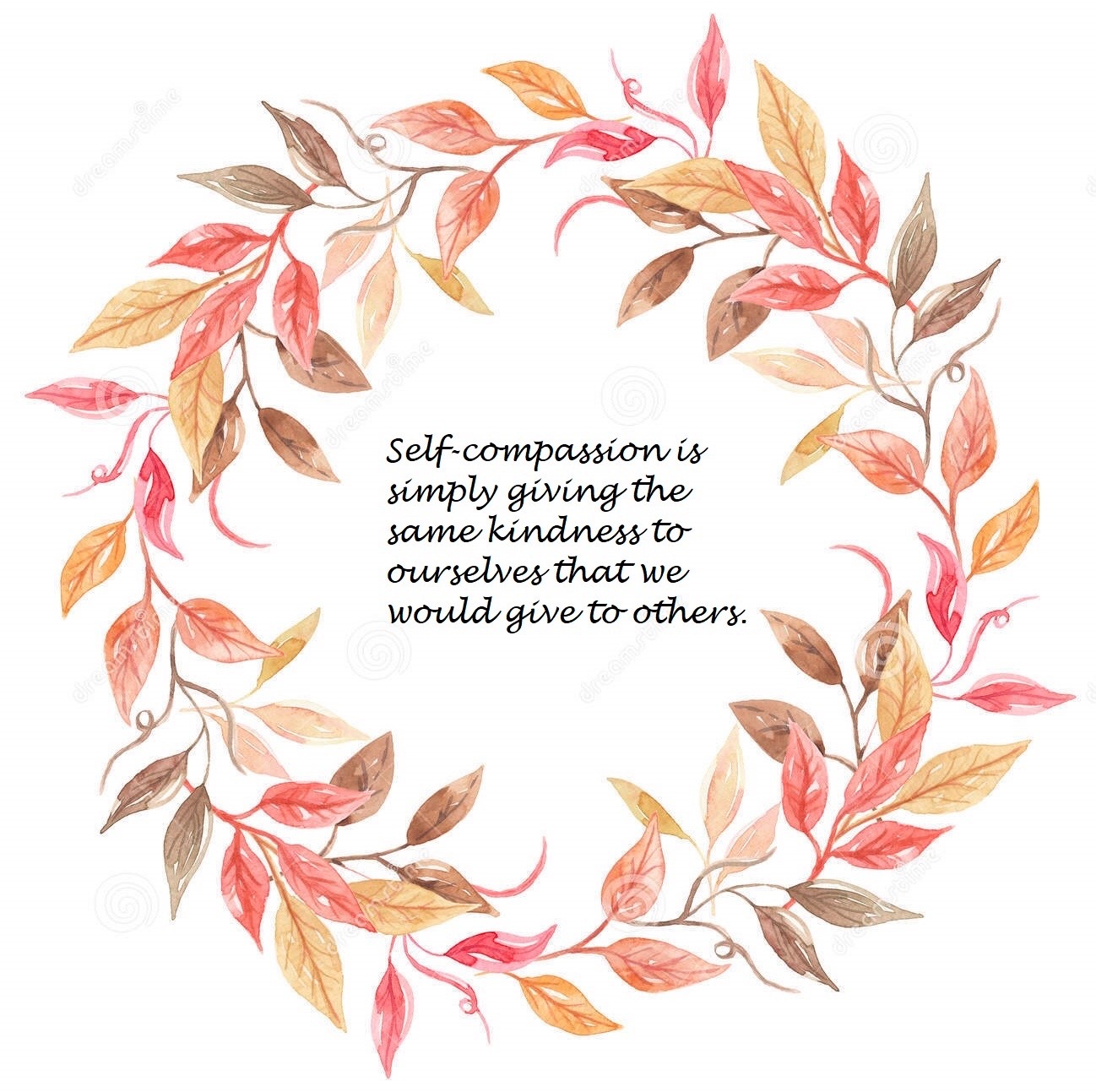Self-Compassion
March 19, 2019 in Mental Health
by: Petra Najafee, Registered Psychotherapist
Self- Compassion
Lately I’ve been doing a lot of work with clients on self-compassion. And often it’s a hard sell. We live in a society that teaches us to be hard on ourselves, as if that’s the only way we’re going to find the motivation to work hard and be successful. But what if there’s another way?
Most of us can imagine another way if we imagine talking to a good friend. Imagine that a friend got nervous during a presentation at work and left out a few points or stumbled over a few words. Would you tell that friend that he/she is an idiot? That they don’t deserve the job? That they’re a fake and surely they’re going to get fired? Most of us would be horrified to think of talking that way to a friend. We’d be more likely to say things like “Don’t worry about it. You’re smart, you do a great job every day and most of your presentations are fantastic. So you got nervous on this one and had one bad day, it’s not the end of the world. Everyone has a bad day once in a while. You’ll get ‘em next time.â€
So, why don’t we talk that way to ourselves? The second way is likely to motivate us to keep at it, to keep going, maybe to get some help on our presentation skills. The first way is likely to make us want to hide in a corner and be even more nervous the next time we do a presentation. Being too hard on ourselves can impact us at home and at work. It can contribute to feelings of depression and anxiety.
If you’re interested in reading about self-compassion and how it can benefit you, I might suggest doing some reading by Kristin Neff and Chris Germer. They are researchers who have done a lot of work in this area and have had a positive influence on my work with clients.
So, the next time you find you’re beating yourself up over something, I invite you to try talking to yourself as you would a good friend. Try this over a period of time and see what kind of impact it has.





